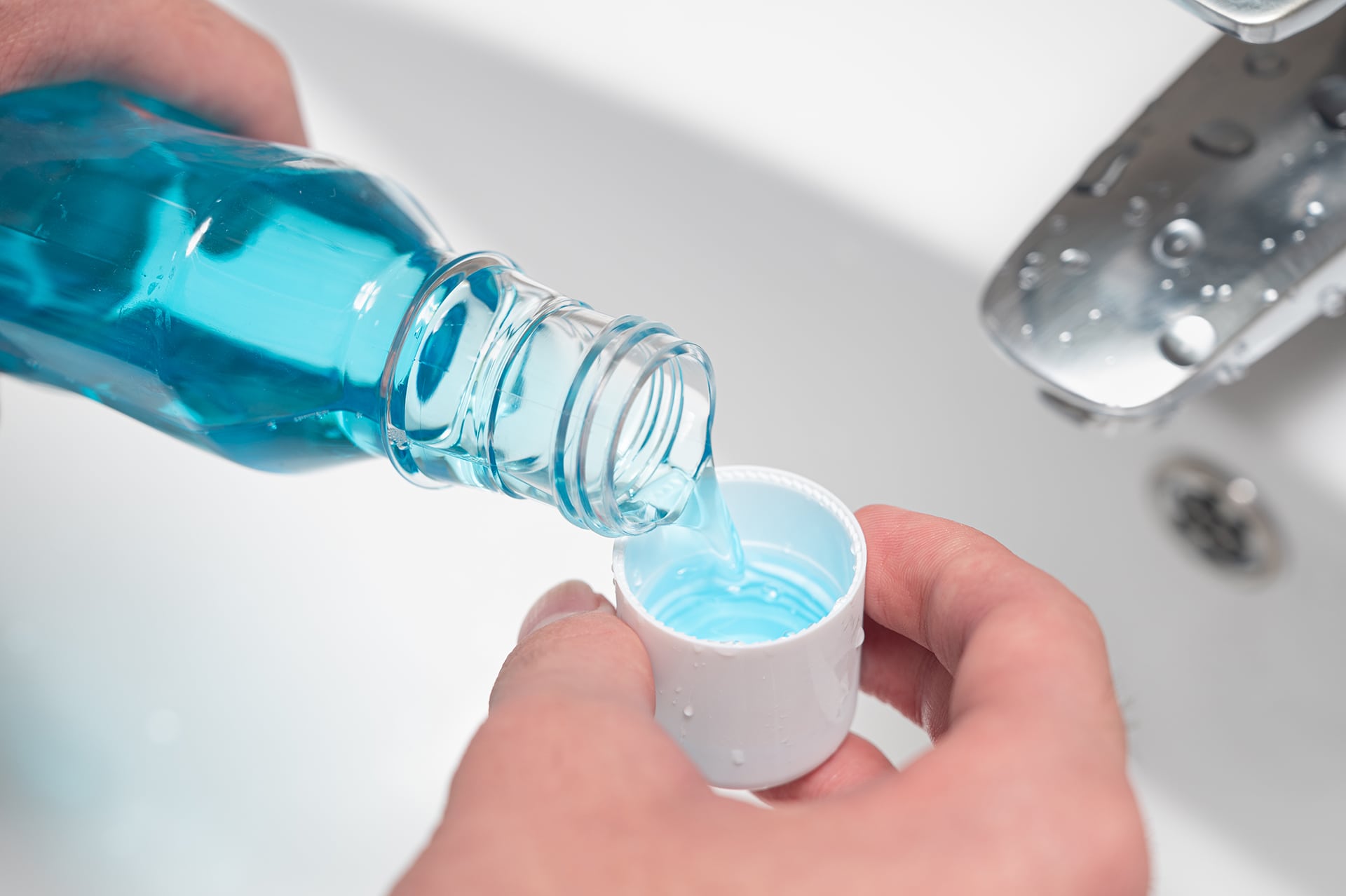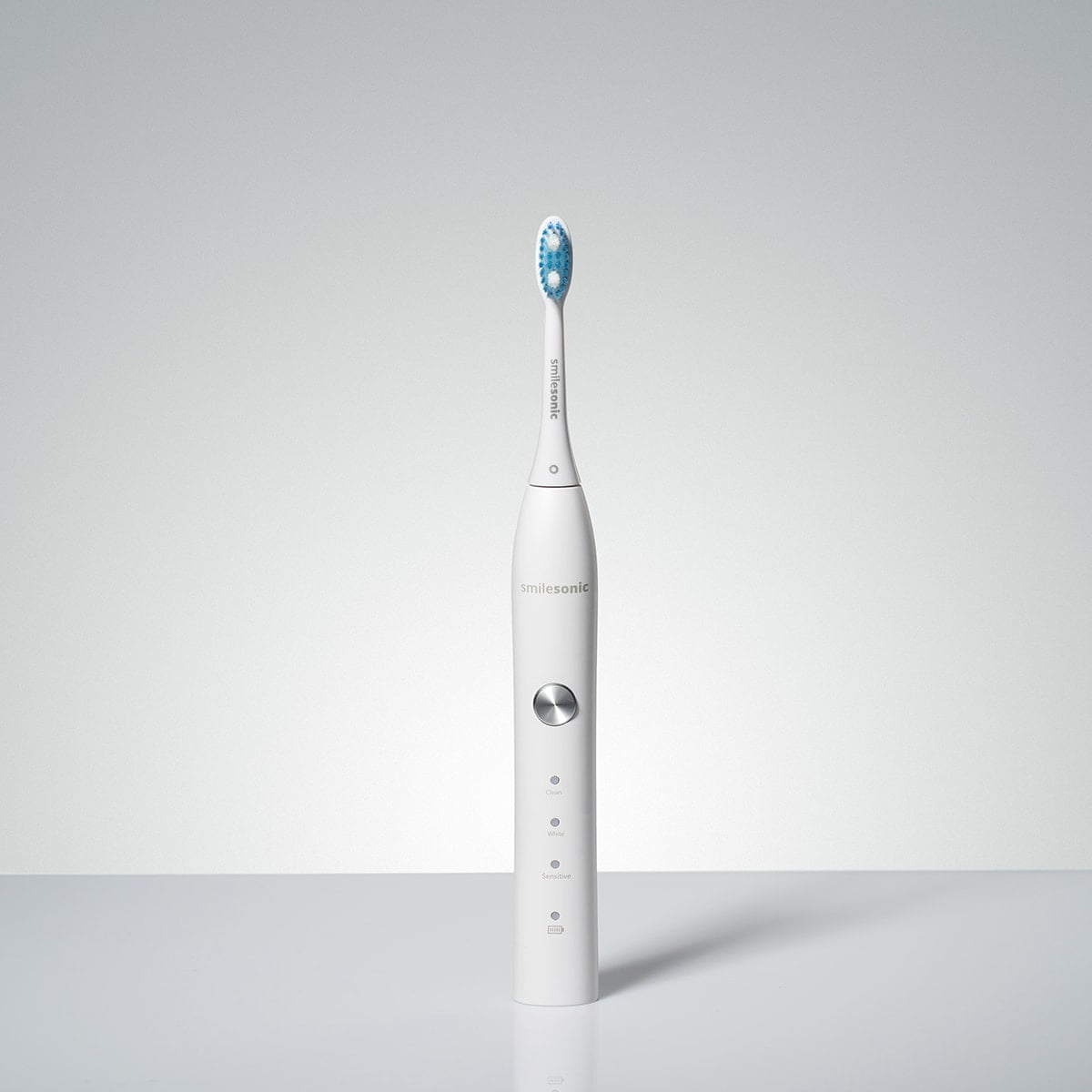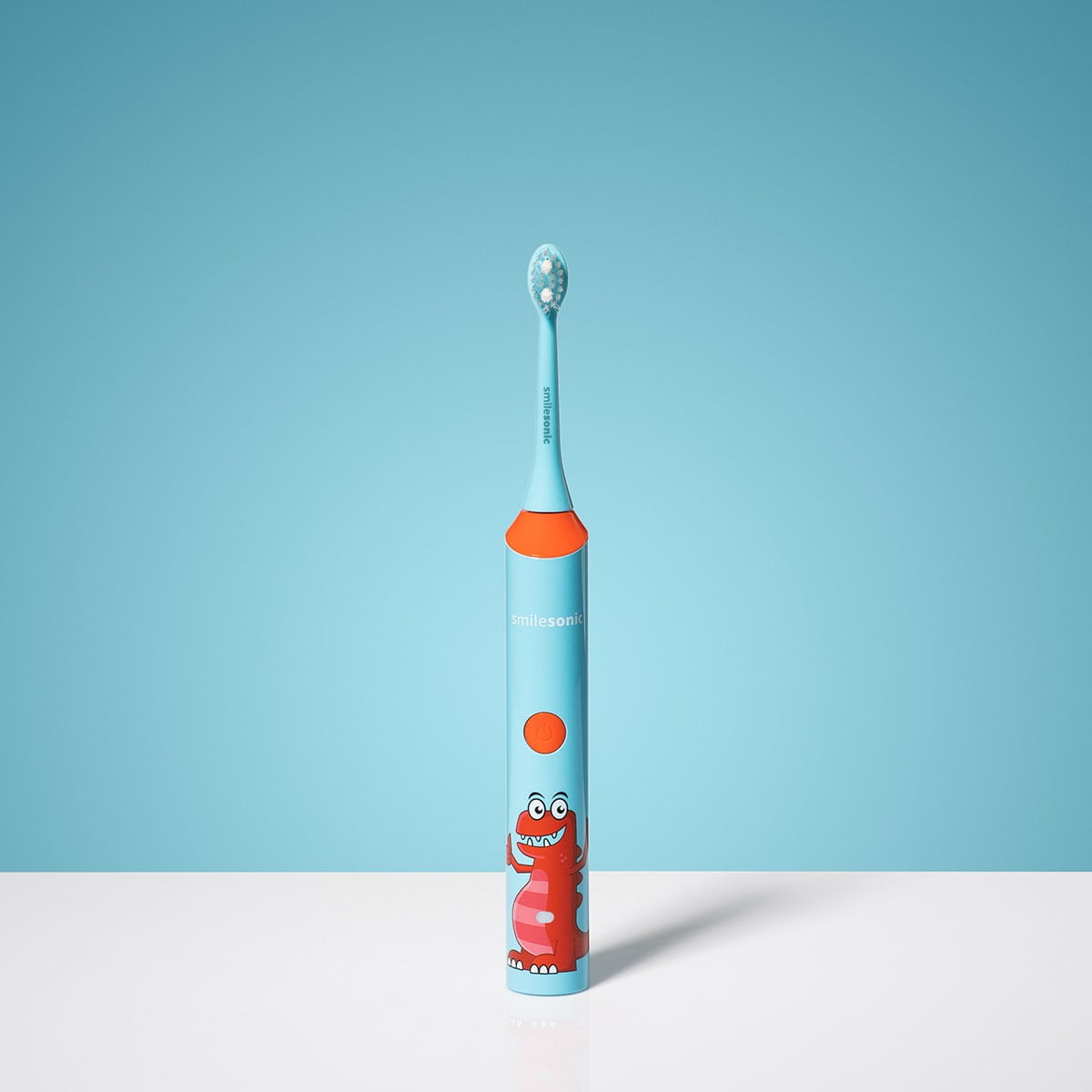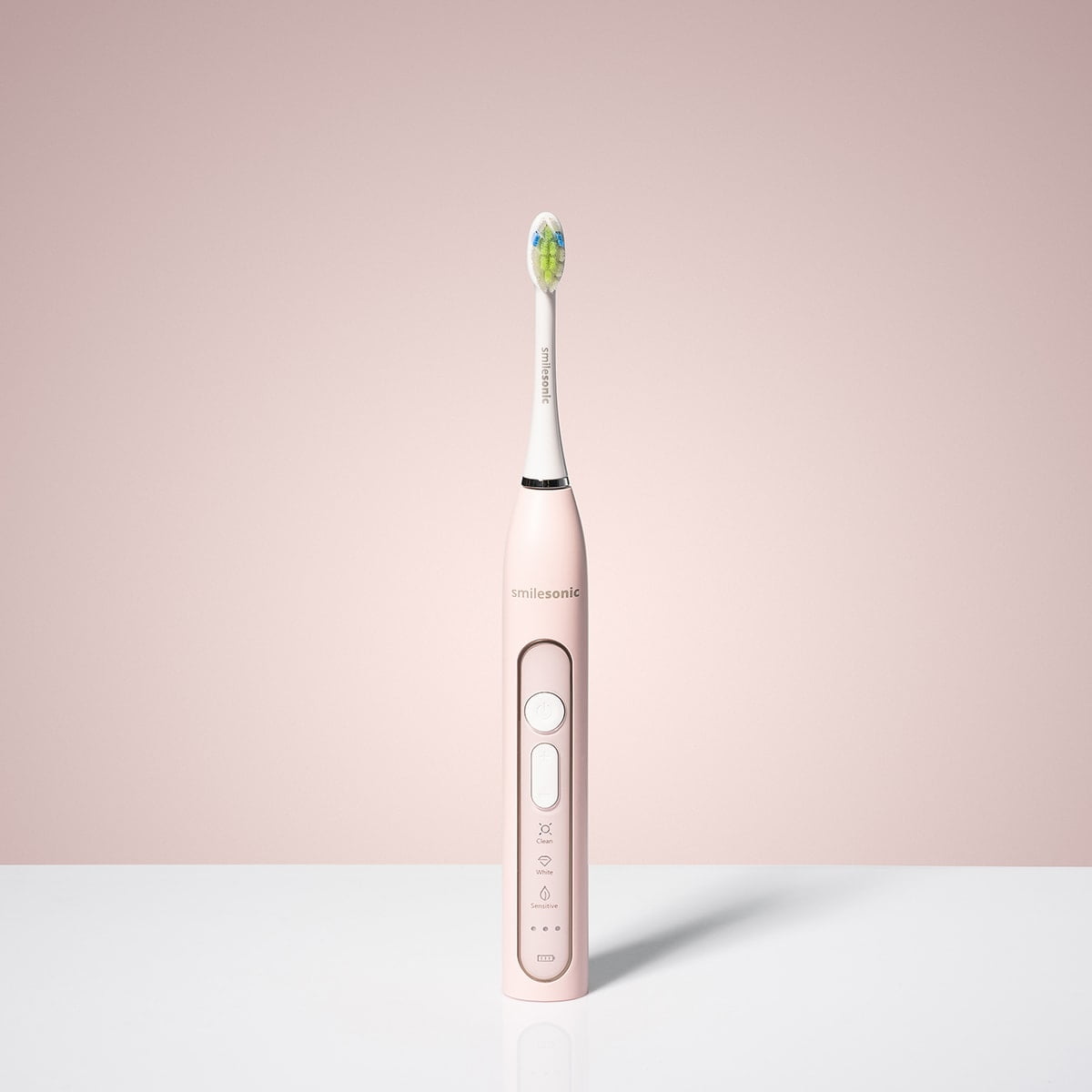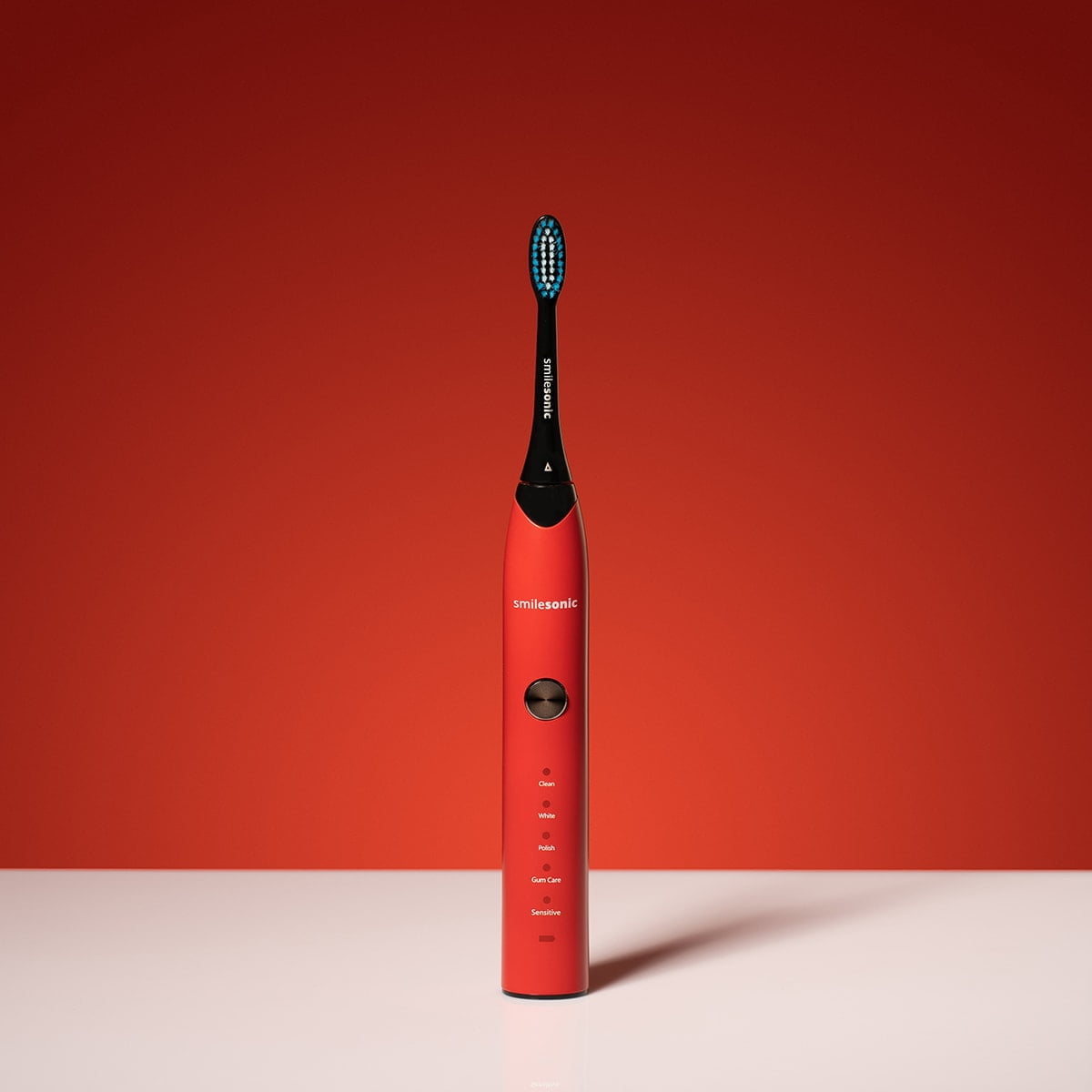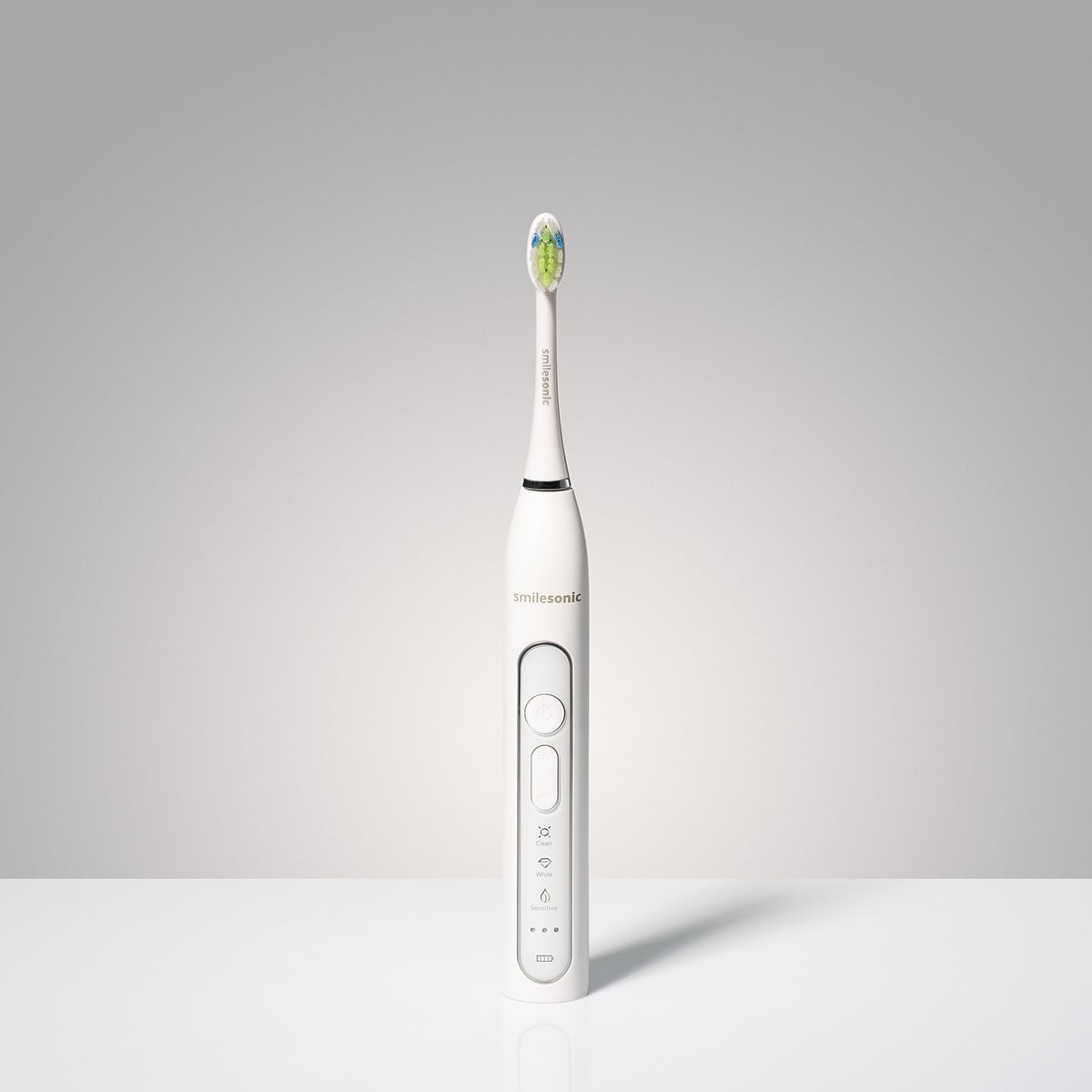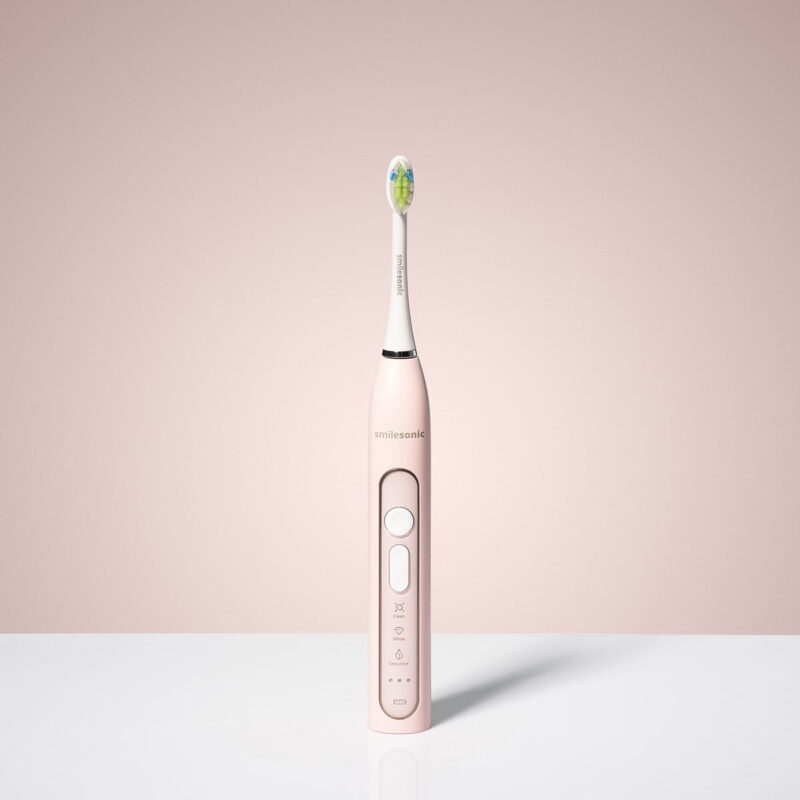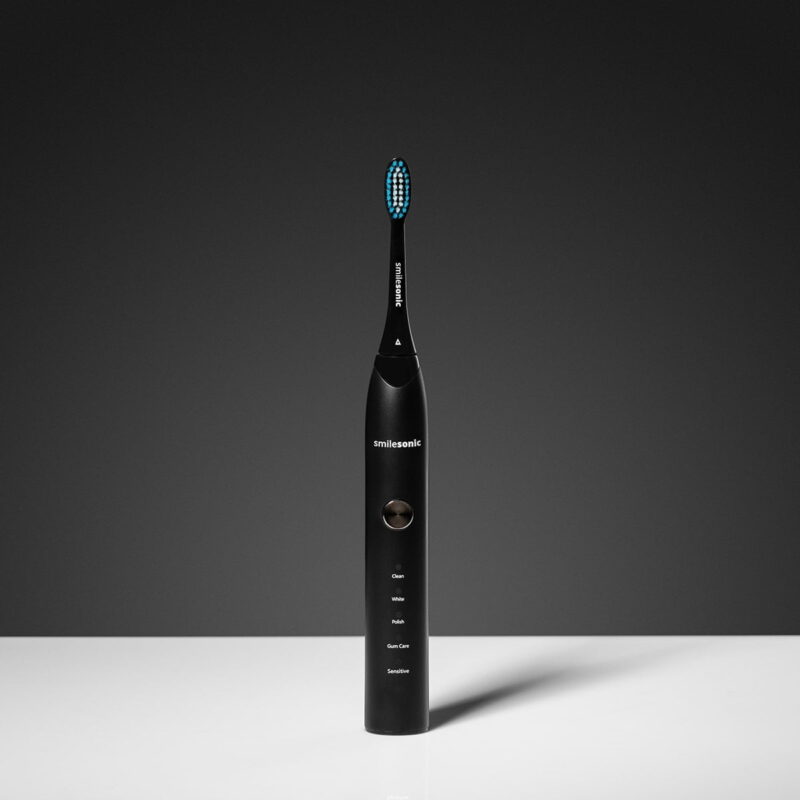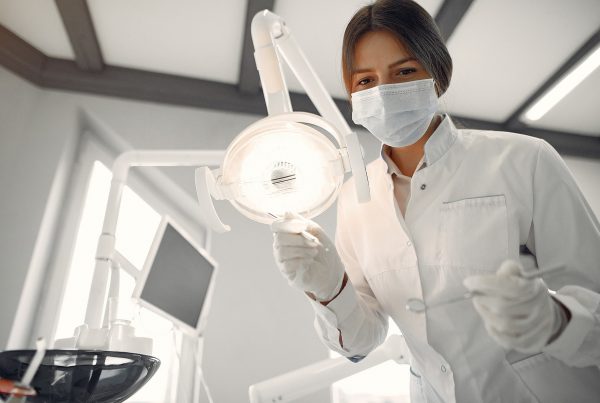Is it worth using mouthwash?
Have you heard of mouthwash? You sure have. Word gets around that daily oral care is not just about brushing and flossing, but also about rinsing your teeth and gums with specialized mouthwashes. How much truth is there in all this? What is the effectiveness of mouthwash and is it really worth using?
Mouthwashes – definition, types, effects
Mouthwash has a liquid form. It contains active substances which help to fight tooth decay, freshen breath or brighten teeth. The most popular include ammonium compounds with antibacterial activity, fluorine that strengthens the enamel or chlorhexidine with antifungal properties. Alcohol, which kills bacteria, can also be found in some mouthwashes, but in the long run it can dry out the mucous membranes, so some consumers prefer non-alcoholic mouthwashes.
The main purpose of mouthwashes is to supplement our daily oral care. In other words, these products are meant to support brushing and flossing. Because of their liquid form, mouthwashes are able to reach places that even the most advanced sonic toothbrush, dental floss or irrigator cannot.
Based on its mode of action, we can distinguish between several types of mouthwashes:
- Tooth decay – caries is a real plague in our society. According to estimates, over 90% of Poles suffer from it! Everyone who has problems with increased plaque build-up and cavities should reach for a mouthwash from this category. In the composition of anti-cavity mouthwashes, you will most frequently find fluorine, which strengthens the enamel’s resistance, as well as chlorhexidine or hydroxyapatite.
- Whitening mouthwashes are dedicated especially to people who would like to enjoy dazzlingly white teeth for as long as possible. They are especially recommended after whitening treatments carried out, for example, in professional dental offices. They have a consolidating effect; they do not allow the re-formation of discoloration. They contain, among others, hydrogen peroxide which effectively removes stains from enamel.
- Rinses for dental hypersensitivity – this condition often occurs as a result of improper, too intensive tooth brushing or due to teeth whitening with the use of invasive methods (e.g., with baking soda). Rinses for dental hypersensitivity contain in their composition elements remineralizing enamel, as well as closing dental tubules and blocking the impact of stimuli on nerve endings. The most popular among them are fluorine, potassium or hydroxyapatite.
- Breath-freshening liquids – these rinses are perfect for people who struggle with unpleasant mouth odor. They freshen breath and effectively mask bad smells with the help of mint, sage or eucalyptus.
Benefits of mouthwash
Experts recommend that you rinse your mouth with mouthwash 2-3 times a day, for about a minute each time. It is important not to do it for shorter time because it takes about sixty seconds for the preparation to get to all the corners of our mouth. It is also important not to use mouthwashes too often – this practice could lead to side effects such as dryness of the mucous membranes or discoloration of the teeth and tongue.
However, mouthwashes are definitely worth using. The main health benefits of using them are:
- reaching places that are beyond the reach of a toothbrush and dental floss,
- even better protection against caries,
- effective prevention of gum disease,
- possibility to keep the effects of teeth whitening for a longer time,
- keeping your mouth fresh.
What else should you know about mouthwashes?
To recap: mouthwashes are very useful accessories in your daily oral hygiene and are definitely worth using. However, we should remember that they cannot replace basic oral care activities, such as brushing and flossing. They are only additional, supplementary accessories and should be treated as such. We should also remember that mouthwashes do not fight bad breath, but only mask it, and they are not suitable for children under the age of six.
So, before you decide to buy mouthwash, get a quality toothbrush. One of the sonic toothbrushes in the Smilesonic line is a good choice – experts confirm that these brushes clean teeth many times more effectively than manual toothbrushes. They are very effective in helping to protect teeth from decay, prevent gum disease, whiten teeth and freshen breath.
